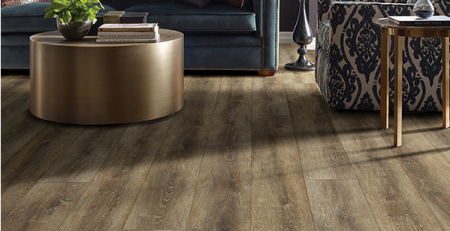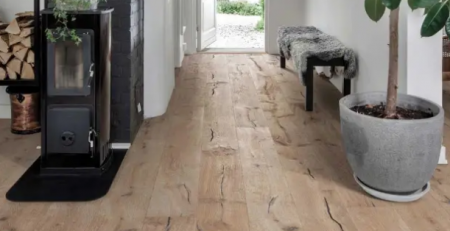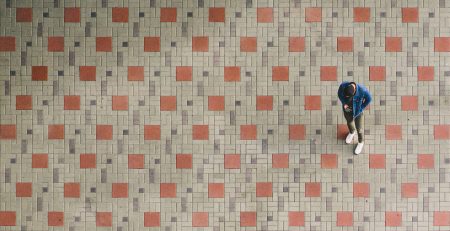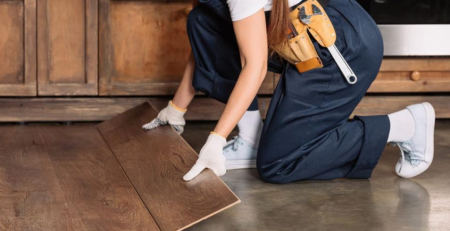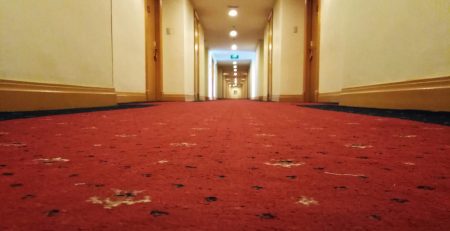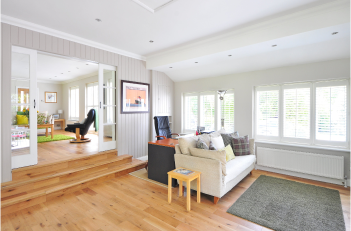The 10 most FAQs about flooring installation
Flooring is the best asset you can invest in when renewing your property; for commercial or non-commercial Real State, high-quality flooring is an added value to your property.
Flooring can fit all budgets and style preferences, while tile and vinyl are the favorites for areas with high humidity; hardwood flooring immediately increases the perceived value of your home.
Depending on the complexity of the project: the material, and the installation, you might require professional help.
You might be wondering about a couple of questions related to budget and material. Read on to get to know when you need professional help and common FAQs in flooring installation.
10 Common FAQs about flooring installation
What Do Flooring Installation Companies Offer?
A flooring installation company usually works with different floor types; the most common are: vinyl, tile, laminated flooring, carpet, and hardwood. The best companies can help you with the complete installation process, from evaluating the project (measuring and budgeting) to providing the materials and doing the installation themselves.
How Much Do Floor Installation Services Usually Cost?
It depends on the material you select and the area of your home. Hardwood is one of the most expensive materials, while vinyl is more affordable. Consider the square feet of material you need to buy and the expertise to do the installation. The more costly the material is, the more you will need to rely on a trustworthy team of professionals for the installation. Material costs range roughly between $3 and $22 per square foot.
What is the cheapest way to install flooring?
The preferred material for DIY owners is laminate flooring, which is affordable and relatively easy to install. It comes in different shapes, such as planks, tiles, and stripes. It imitates wood or stone, and the lamination process makes them durable and antiseptic (some brands add antimicrobic ingredients to the resin).
Therefore, the cheapest way would be to choose easy flooring to install, like laminate flooring, or to paint over floors made from wood, cement, tile, or linoleum.
it worth installing the flooring yourself?
Yes, if you have the materials and the expertise to do it. If you are unsure of your DIY abilities, or the project is replacing the kitchen’s entire flooring, it is better to hire a professional.
Is installing flooring hard?
It depends on the type of flooring. You will need tools and materials that aren’t available for an amateur DIY homeowner. If it is about painting over the flooring, it shouldn’t be difficult, while replacing flooring can be challenging.
Is it cheaper to do tile or laminate?
Laminate flooring is a cheaper material and easier to install than tile.
Which flooring is best for dogs?
Dog owners are looking for an easy to maintain, humidity-resistant, and non-scratch flooring. The preferred flooring is tile. Tile is an easy-to-clean, resistant, and affordable solution; ceramic and porcelain varieties are sealed and glazed for extra protection.
Another option is Laminate flooring, which is cheaper, easy to maintain, and less likely to damage, unlike hardwood flooring.
Vinyl is also a good alternative: waterproof, stain-resistant, and comfortable on the feet.
If you are wondering what flooring your vet uses, it is heavy-duty polyurethane resin floor screeds. There’s no need for you to install that flooring on your home.
Which flooring is best for the bathroom and the basement?
You will need humidity-resistant flooring: vinyl, tile, and waterproof hardwood are good choices. The best choice for bathrooms is tile, while the homeowners’ favorite for a basement is vinyl: it looks like hardwood but is made of PVC, making it durable, affordable, and humidity resistant
Which flooring is best for the kitchen?
For the kitchen, you need flooring that is easy to clean and wear-resistant. The go-to option is Tile; it can be ceramic, porcelain, or stone tiles. Tiles come in multiple designs, and you can also paint them, making them a safe option for DIY homeowner enthusiasts.
Which flooring is best for the garage?
For the garage, you need flooring that is hard and resistant. The Garage flooring has to be humidity resistant, easy to clean, and long-lasting. The cheapest alternative is to paint over the garage floor, and if you decide to install flooring, polished concrete flooring or tile are good options.
We at Philadelphia Flooring solutions can help you decide which flooring solution is best for your home or your commercial Real State. Don’t hesitate to contact us, we would love to help you with your flooring project.


